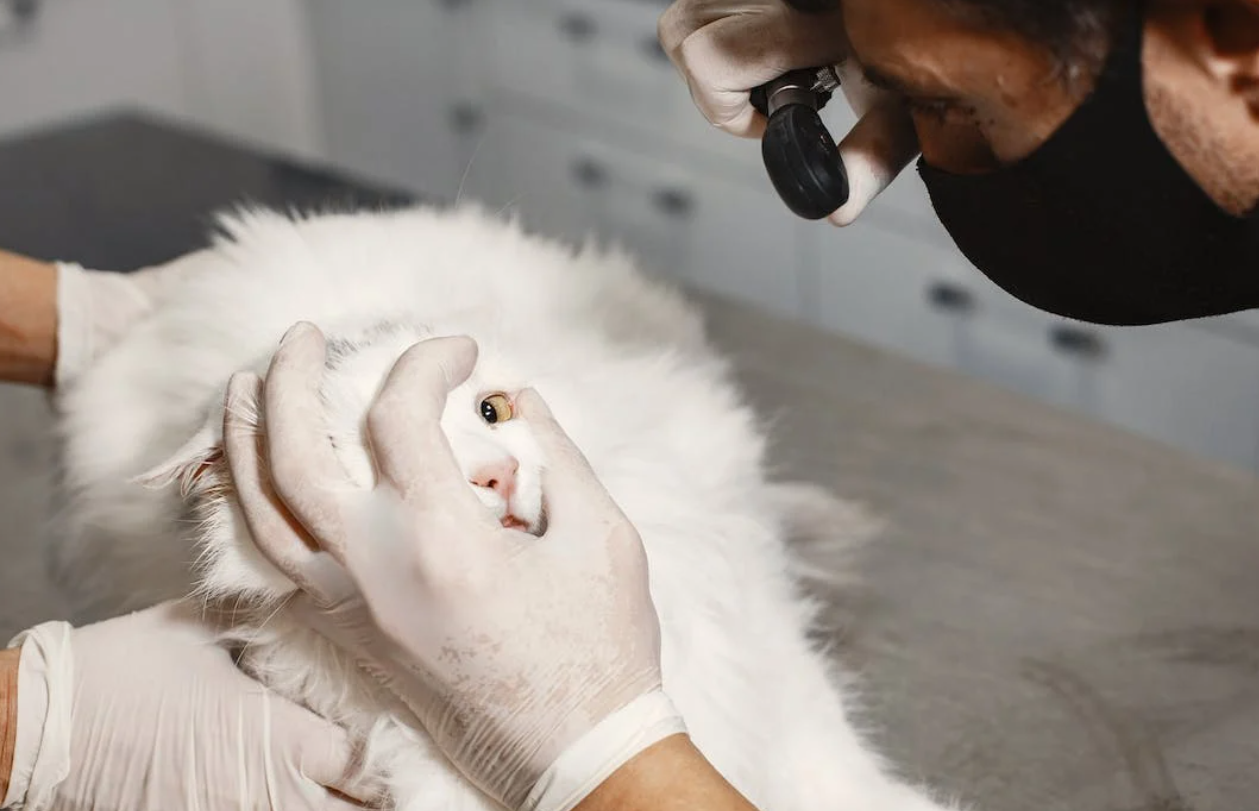Greetings, pet enthusiasts! Today, we embark on a crucial exploration of pet emergencies, unveiling their significance and the tireless efforts of veterinary clinics in safeguarding our beloved furry friends’ well-being. Join us on this enlightening journey as we delve into the essentials of veterinary emergency care, ensuring our pets receive timely attention and expert care from a nearby emergency vet
Trauma and injuries: Accidents happen, even to our vigilant companions. Whether it’s a fall from a height or an unexpected collision, injuries can occur. Broken bones, deep wounds, and the aftermath of accidents necessitate immediate veterinary attention. By promptly contacting your vet’s emergency line, you ensure that your pet receives the care they need to recover swiftly and comfortably.
Difficulty breathing: Breathing troubles can be a distressing experience for our pets. Respiratory difficulties, persistent coughing, or gasping for air may indicate an underlying problem. From airway obstructions to allergies or respiratory conditions, professional veterinary assistance is vital. Don’t hesitate to reach out to your vet when you notice any signs of breathing distress in your furry companion.
Poisoning: Our curious pets can unwittingly encounter toxic substances. From household chemicals and human medications to hazardous plants and harmful foods, the risks are numerous. If you suspect your pet has ingested something toxic, it’s crucial to seek immediate veterinary guidance. By contacting your vet promptly, you enable them to provide the necessary advice and treatments to counteract the effects of the poison.
Seizures: Witnessing a seizure in your pet can be alarming. Seizures can have various causes, including epilepsy, underlying health conditions, or injuries. If your pet experiences a seizure, it’s essential to reach out to your vet for guidance. They will be able to evaluate the situation, determine the potential causes, and recommend appropriate treatment options to manage and minimize future occurrences.
Gastric Dilatation-Volvulus (GDV) or bloat: GDV, a serious condition primarily affecting dogs, requires immediate attention. It occurs when the stomach becomes twisted, leading to rapid bloating and potential organ damage. If you notice symptoms such as restlessness, a swollen abdomen, unproductive vomiting, or difficulty breathing, it is critical to seek urgent veterinary care. Veterinarians possess the expertise to address GDV promptly and effectively.
Heatstroke: As temperatures rise, our pets can be vulnerable to heatstroke. Heatstroke can cause life-threatening complications, including organ failure. Preventive measures such as avoiding excessive heat exposure and ensuring access to cool water are crucial. If your pet shows signs of heatstroke such as excessive panting, weakness, or collapse, seek immediate veterinary assistance. Time is of the essence in managing this condition.
Urinary blockage: Male cats can be prone to urinary blockages, a condition that hampers their ability to urinate. It is a painful and potentially life-threatening situation. Signs of urinary blockage include straining to urinate, frequent trips to the litter box without producing urine, or signs of discomfort. Prompt veterinary intervention is necessary to relieve the blockage and restore normal urinary function.
Allergic reactions: Allergies can affect our pets, causing symptoms such as itching, swelling, or difficulty breathing. In severe cases, allergic reactions can be life-threatening. If you observe signs of an allergic reaction, including facial swelling, hives, or respiratory distress, contact your vet immediately. They will provide guidance and administer appropriate treatments to manage the allergic response.
The significance of pet emergencies cannot be underestimated. Prompt action and veterinary care are vital to ensure the well-being and recovery of our beloved furry companions. By recognizing the signs of emergencies such as trauma, breathing difficulties, poisoning, or seizures, and promptly contacting your veterinary clinic, you play a crucial role in safeguarding your pet’s health. Remember, your veterinary team is there to support you and your pet through the uncertainties of emergency situations, providing the necessary expertise and care to bring comfort and relief to our cherished animal friends.

